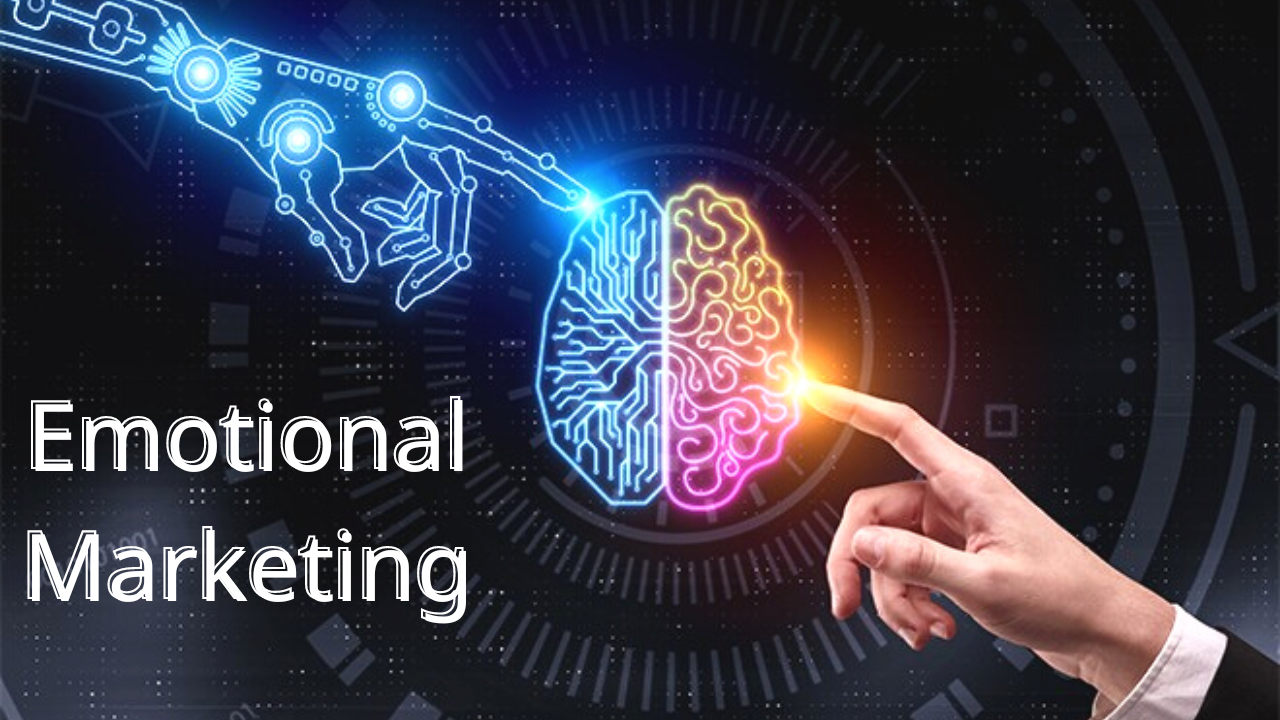In today’s competitive market, understanding customer psychology isn’t just a bonus—it’s essential. Businesses that grasp the why behind customer decisions can deliver tailored experiences that foster loyalty and drive sales. But what exactly is customer psychology, and how can it transform your customer service strategies?
Let’s delve into the core of customer psychology, explore its nuances, and uncover how it impacts businesses in the modern era.
What is Customer Psychology?
Customer psychology is the study of how thoughts, beliefs, emotions, and perceptions influence consumer behavior. It explores why customers make specific decisions, how they respond to marketing strategies, and what drives their loyalty or dissatisfaction.
This field combines elements of behavioral science, marketing, and emotional intelligence to predict and influence customer behavior effectively.
Why is Customer Psychology Important?
In an era where customers have limitless options, understanding their needs on a psychological level provides businesses with a competitive edge. It allows companies to:
- Enhance customer service psychology: Tailor interactions to create positive emotional experiences.
- Predict behavior patterns: Anticipate needs and offer solutions proactively.
- Strengthen relationships: Build trust and loyalty by addressing deeper psychological needs.
Key Principles of Customer Psychology
1. Emotional Triggers in Decision-Making
Research shows that emotions drive up to 95% of purchasing decisions. For example, a customer might choose a product not because it’s the best but because it makes them feel good or aligned with their values.
2. The Power of First Impressions
Customers form opinions within seconds of interacting with your brand. This is why psychology today customer service emphasizes creating a welcoming, friendly, and professional first interaction.
3. The Role of Social Proof
People trust peer recommendations and testimonials more than advertisements. Highlighting positive reviews or customer experiences taps into the psychological principle of social proof, encouraging trust in your brand.
4. Cognitive Dissonance and Purchase Regret
Customers may experience buyer’s remorse if they feel their purchase doesn’t align with their expectations. Businesses can mitigate this by providing reassurance through follow-ups or excellent customer service psychology strategies.
Understanding the Psychology of the Customer
To connect deeply with your audience, you must understand their behavior patterns, preferences, and pain points.
Customer Archetypes
- The Value Seeker: Driven by discounts and offers.
- The Brand Loyalist: Prefers sticking with trusted brands.
- The Impulse Buyer: Makes spontaneous purchases based on emotions.
- The Analytical Buyer: Needs detailed information before committing.
By identifying your target customer archetype, you can craft messaging and experiences that resonate deeply.
The Psychology of Rude Customers: Why They Act the Way They Do
Dealing with rude customers is a challenge for any business. Understanding the psychology of rude customers can help you manage such situations calmly and effectively.
Why Are Customers Rude?
- Unmet Expectations: Dissatisfaction often stems from a gap between expectations and reality.
- Stress or External Pressures: Sometimes, their frustration isn’t about your service but personal stressors.
- Perception of Injustice: Feeling they’ve been treated unfairly can trigger hostility.
How to Handle Rude Customers
- Stay Calm and Professional: Responding with patience often diffuses tension.
- Empathize and Listen: Show you understand their frustration.
- Resolve Quickly: Address their concerns to rebuild trust.
By integrating empathy and emotional intelligence into your customer service psychology, you can turn negative interactions into positive outcomes.
Customer Psychology in Today’s Digital Era
The rise of digital platforms has transformed customer behavior, making it more complex and dynamic. Here’s how businesses can adapt:
1. Personalization
Customers expect brands to understand their preferences and provide personalized experiences. Using tools like AI and customer data, businesses can tailor content, recommendations, and offers.
2. Social Media Influence
Platforms like Instagram and TikTok play a significant role in shaping customer opinions. Aligning your messaging with audience preferences ensures a positive psychological impact.
3. Seamless UX
A smooth user experience fosters positive emotions. From intuitive website navigation to quick customer support, every touchpoint matters in retaining customers.
The Intersection of Customer Psychology and Customer Service Psychology
Customer service is often the first touchpoint where businesses interact with customers. Using principles of customer psychology can elevate this interaction.
Strategies for Effective Customer Service
- Active Listening: Understand the customer’s concern fully before responding.
- Positive Language: Words like “absolutely” or “certainly” create a positive impact.
- Timely Responses: Quick resolution minimizes frustration and boosts satisfaction.
Leveraging Customer Psychology for Business Growth
1. Conduct Surveys and Feedback Analysis
Surveys provide direct insight into customer preferences and satisfaction levels.
2. Implement Behavioral Analytics
Tools like heatmaps or conversion tracking reveal how customers interact with your website, enabling optimization.
3. Train Your Team
Equip your team with knowledge of customer service psychology to handle diverse customer personalities effectively.
4. Monitor Trends in Psychology Today Customer Service
Stay updated on the latest trends in customer psychology to refine your approach.
Conclusion: Why Customer Psychology Matters
Understanding customer psychology is the cornerstone of modern business success. It empowers you to anticipate customer needs, handle challenges with empathy, and foster long-lasting relationships.
By mastering the psychology of the customer, your business can not only survive but thrive in today’s competitive market. Whether you’re improving your customer service psychology or addressing the psychology of rude customers, the insights gained will transform your approach.
Ready to elevate your customer interactions? Explore more tips and strategies on One Step Future, your partner in achieving customer-centric excellence.





